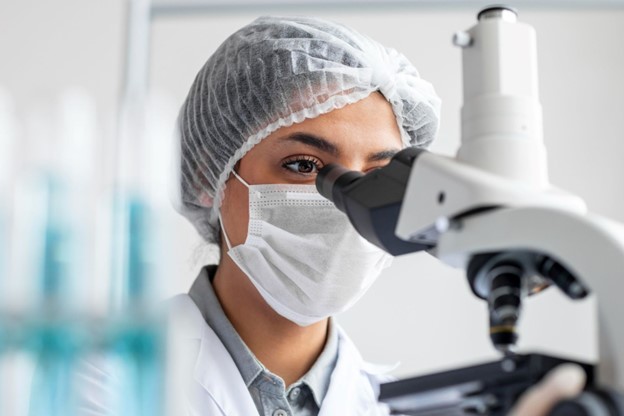Careful Lab Selection Is Critical To Accurate Results
Doctors often order drug tests to be sure patients are taking specific prescriptions correctly, to test for accidental overdoses, or to ensure substance-use patients comply with treatment plans. As Founder of Aria Diagnostics, I know that although drug testing labs offer the same services, they are also drastically different. Aria Diagnostics is an Indianapolis-based laboratory that serves the medical community.
Doctors and treatment centers should evaluate potential labs carefully to ensure accurate results.
Here are some items to consider when choosing the best drug testing laboratory for a testing program.
Specimen Collection
Effective specimen collection procedures are critical to prevent patients from sending friends to take their tests or to avoid contaminating results. Look for a lab with convenient locations to supervise specimen collections. Alternatively, find a lab that will provide an employee at your site or train your staff in effective specimen collection procedures and then provide protocols for transferring samples from your site to the labs.
Reputation and Certifications
Choose a lab with a reputation for quality and accuracy. One way to gauge this is to seek certified labs. Certification agencies include the Substance Abuse and Mental Health Services Administration (SAMHSA) or the College of American Pathologists (CAP). Also, ensure that the lab complies with state and federal drug testing regulations, which change occasionally.
Validity Testing
Some people, especially addiction patients, try to cheat on their drug tests by diluting their sample or using synthetic urine. One way to tell whether the sample is valid is the presence of oxidants. Human urine does not have oxidants. However, products that dilute the sample often do contain oxidants. On the other hand, human urine does contain creatinine and the level of creatinine can indicate “diluting” of the specimen. Human urine also has an acceptable temperature and pH range. A good drug testing lab will run tests for oxidants and creatinine. It will also test temperature and pH and provide results in its report.
Results Reporting
A drug-testing lab should report its results quickly and confidentially through a means that works for your practice. Some labs report through a confidential portal, for example, that requires user authentication to receive results or can provide electronic interfaces to deliver results reports directly into the provider’s electronic records management system (EMR).
The lab also should be able to provide express reporting in certain situations when safety is essential.
Med Matching
Another indication of a quality drug testing laboratory is its ability to match the test results with prescription or over-the-counter medications the patient takes. The lab should present these results in an easy-to-read format that indicates whether the level of the drug found in the urine is consistent with typical usage or the doctor’s prescription. The report should flag inconsistencies.
Customer Service
The best drug testing labs will also provide convenient customer service options that can help interpret results and answer questions. They should provide online resources, as well. Good laboratories have a multi-tiered support structure where doctors can have access to a certified toxicologist who can answer specific questions about absorption, metabolism, pharmacodynamics, and drug-drug interactions.
Reasonable Prices
While choosing the cheapest laboratory isn’t necessarily a good idea, doctors and treatment centers will select a lab within their budget. They should check with several accredited labs that offer the needed services, such as collection, validity testing, and med matching, to understand what constitutes competitive pricing in the region. Then, they should choose a quality lab with competitive pricing.
About Me
I founded Aria Diagnostics in 2015. Before that, I held several roles at large laboratory and life sciences companies. I have a bachelor’s degree in biology, focusing on chemical and classical studies, from Indiana University – Bloomington. I also have a master’s degree in molecular biology from Purdue University. I am fluent in English and Hindi.




